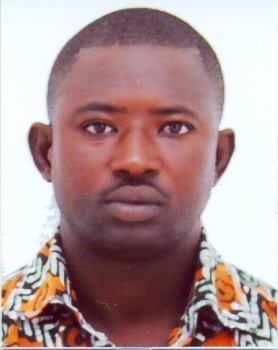
Evans Akangyelewon Atuick

Football and Youth Development in Buluk:
The Case of Wiaga United Football Club
Evans Akangyelewon Atuick is a Research Fellow at the Centre for Continuing Education and Inter-disciplinary Research, University for Development Studies, Ghana, and also doubles as the founder and president of Wiaga United Football Club.
Background
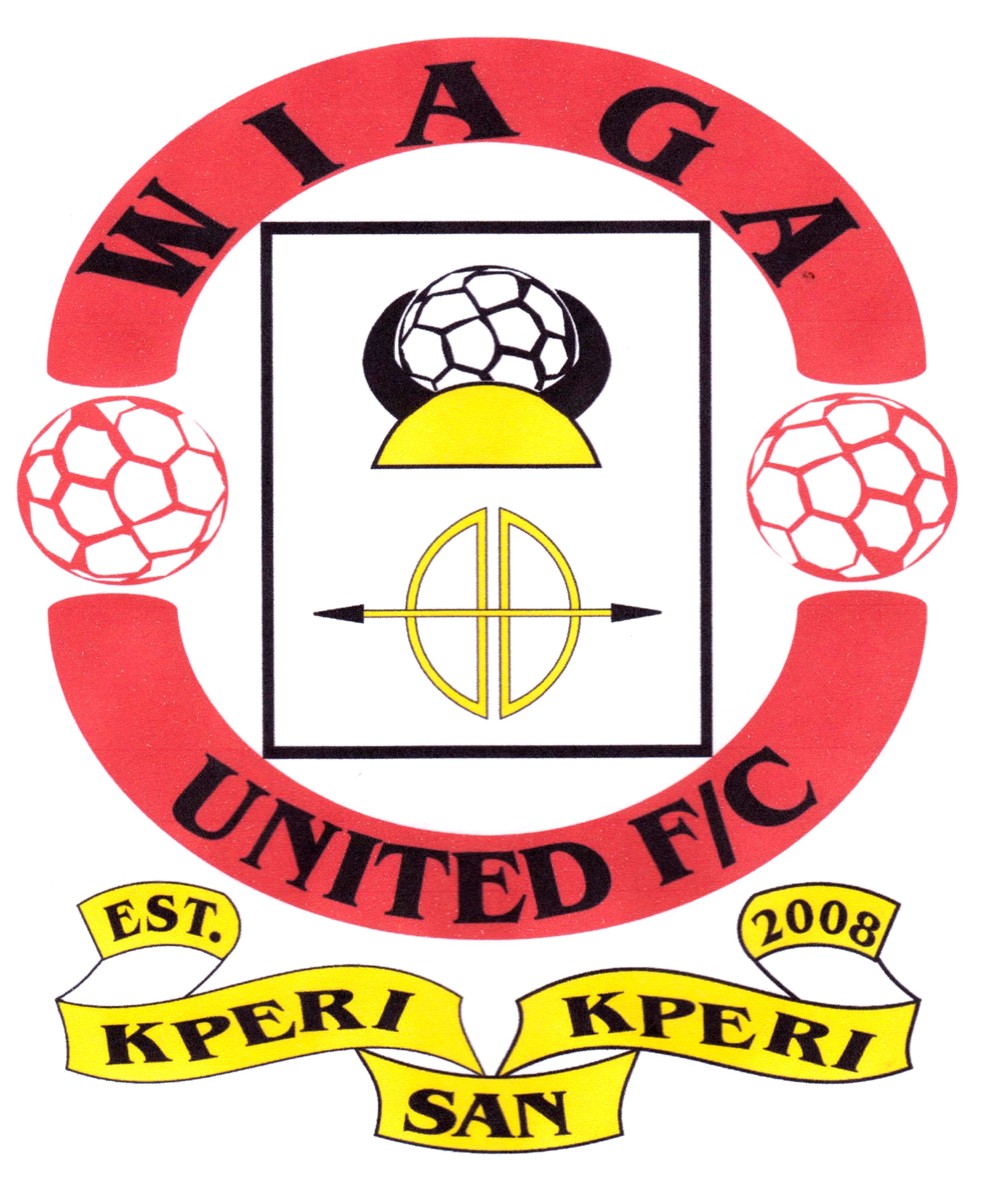
The Bulsaland (Buluk) encompasses Bulsa North and the newly created Bu[i]lsa South District, which are located in the northeastern part of Ghana, particularly in the Upper East Region. Bulsaland is one of the poorest areas of Ghana as it lacks good schools, roads, health and recreational facilities, infrastructure, industries and other vital social amenities that enhance quality of life. The majority of the people are peasant farmers, who depend on rain-fed agriculture and small-scale animal husbandry for a living. Yields are often very low, hence, making it impossible for most of the people to be able to adequately meet their food and other basic needs of life throughout the year. Illiteracy is also very high in the area, with a high rate of school dropouts among the youth. Formal job opportunities are also few and even when they are available, most of the youth lack the requisite qualifications to be able to gain such jobs.
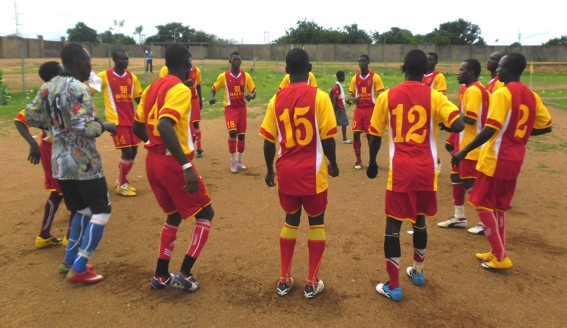
As a result of the unavailability of alternative job opportunities [other than farming] for the able-bodied youth of the district, many of them migrate to the urban centres, in the south, in search of greener pastures. Such migrants, in the majority of cases, have their hopes dashed as they find living conditions in the cities difficult, hence, are tempted to involve themselves in criminal acts such as armed robbery, stealing, prostitution etc in order to survive. The story is not so different for youths who choose to remain in Buluk as they often have to contend with idleness, joblessness as well as lack of opportunities for personal and educational development. Invariably, as the Devil finds work for idle hands, the majority of such youths become frustrated to the point that they gradually take to alcohol consumption and other negative social vices such as smoking of Indian Hemp, stealing etc. Indeed, alcoholism among the youth of the area has become an issue of major concern given the alarming rate at which it is depleting the labour force, especially the able-bodied youth of Buluk. Indeed, Hon. Norbert Awulley, current District Chief Executive (DCE) of Bu[i]lsa North and Acting DCE of Bulsa South, quite recently, bemoaned the spate of alcoholism in some communities within the district and called on the chiefs and opinion leaders to strive to salvage the canker since ‘it is assuming an alarming proportion and would have a serious implication on the future of the youth if not checked.’ (www.ghana.gov.gh/ghana/dce_call_chiefs)
Against this background, I argue that football could be a very important tool for arresting the high poverty levels, social vices, joblessness and other problems faced by the district, given the abundance of talents in the area. As observed by the UNESCO Deputy Director- General, Getachew Engida, sport is not only a direct entry point for youth development in Africa but also a powerful tool for strengthening youth participation and development. Therefore, given the considerable interest in the game among the youth of Buluk, football can be a very effective tool for mobilizing and empowering the youth to be able to contribute to the development of Bulsaland, which obviously has many development challenges.
Therefore, in this paper, I examine the advent of Wiaga United Football Club and its contribution to the development of Buluk through youth engagement, development and empowerment. I would first discuss the achievements of the club in terms of youth development and empowerment, and then, examine the challenges it encounters in its bid to achieve those objectives.
Wiaga United Football Club and Youth Empowerment
Wiaga United Youth F/C was founded on 15th January, 2008 with two main aims: 1-fighting alcoholism and other social vices among the youth of Buluk; 2- empowering them to become productive individuals in their society through education and skills development. The club currently has a total membership of 75 comprising 60 youthful players, five executive members and five support staff. The ages of players are between 10 and 22. The players’ educational level is from upper primary to Senior High School and most of them are graduates of Junior/Senior High Schools who did not make the required grades to be admitted into the next level of education, hence, are not engaged in any employment. The players of the club are from various parts of the district including Fumbisi, Kadema, Kanjarga, Sandema, Siniensi and Chuchuliga as well as neighbouring districts such as Kassena-Nankana and West Mamprusi districts. The club currently plays in the Ghana Football Association organized second division league, in which, it is one of the top eight best clubs in the 36 club Upper East Regional League. Indeed, last year, Wiaga United FC were champions of zone two (A) and participated in the middle league (play-offs) for qualification to division one but could not make it. The club therefore made history as the first football club from Buluk to have ever qualified and played in the middle league for qualification to division one.
In what ways has Wiaga United FC contributed to youth development in Buluk in its four years of existence?
Achievements
First and foremost, the club has helped in terms of checking alcohol abuse and other social vices among the youth of Buluk, particularly the playing body. In the first place, the club instills discipline in the players through moral education and the application of sanctions on players who breach the code of conduct, governing the conduct of all players. In addition, the club’s training schedule is so rigorous that players are always engaged, hence, have little time to engage in antisocial acts. One of the players had this to say about the benefits of joining Wiaga United FC:
“Wiaga United has really come to help us, the youth. But for the club, a lot of us, including myself, would have become wayward and wasted our lives through drinking and doing other bad things. I used to hang around with friends drinking alcohol, but since joining the club and training regularly, I get tired after each training session so that I just go home to sleep without looking for such friends. I have also seen that I can make it through football if I work hard and stay fit, and because of that I try not to do things that can destroy my future.”
The comments of this player lend credence to the fact that the advent of Wiaga United has helped in reducing youth idleness and their involvement in social vices that have the potential to destroy their lives.
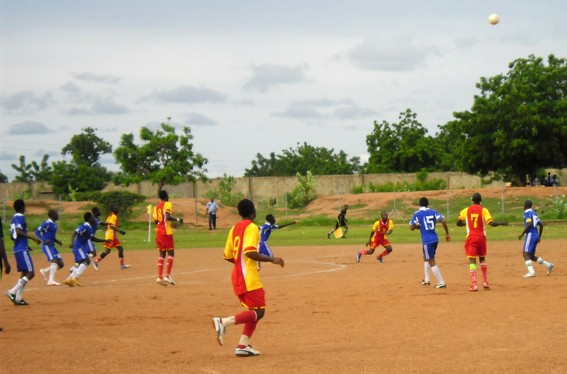
Moreover, the fact that the club has inspired people to start football clubs in other areas of Buluk, means that a lot of idle youths are being engaged, hence, limiting their involvement in social vices. As in 2009,Wiaga United was the only second division club in Buluk, but currently, Buluk can boast of three second division clubs (Wiaga United FC, Bulsa Warriors FC and Achula Wonders FC) and two third division clubs (Atuga United FC and Soccer Stars FC). One can, therefore, confidently say that, the presence of all these clubs has contributed immensely in reducing idleness and social vices among the youth of Buluk. Indeed, the Chief of Wiaga has lauded the club for its contribution to the reduction of alcohol abuse and crime among the youth of the area, in particular, and Buluk, in general.
Secondly, has contributed to the education of the youth of Buluk in several ways. In fact, the club has realised the importance of education in a footballer’s career, hence, goes at length to encourage the education of the playing body. The club has therefore made enrolment in basic school a compulsory requirement for joining the under -12 or -15 teams of the club. This requirement has forced several young persons who were not in school to go to school in order to get a space in the team. The club also makes sure boys brought in from other surrounding communities are immediately enrolled in school in order to give them a good foundation. Besides, the club has also been helping players in school with financial assistance to enable them meet school fees and other school needs. For instance, on several occasions, management has had to pay the school fees of some players because parents couldn’t afford to pay. Management has also been encouraging players who finished school but could not pass all the required courses to re-sit their exams. Indeed, a number of players have re-sat the exams, passed and gained admission into teacher training colleges or Polytechnics to continue their education.
Wiaga United FC has also contributed to employment for the youth of Buluk. Football is now a business in its own capacity, hence we train our players with the aim of providing them with a means of livelihood through football. In fact, three players (Prince Anankum, Nuhu Buhari and Emmanuel Ajiiro) from the club have been spotted and recruited by teams in Accra and Kumasi, hence, are making a living out of playing football. The expectation is that more boys from the club would eventually make it into the professional ranks and earn a living from the sport. The club has also liaised with the National Youth Employment Programme and Ghana Education Service to get some of our players employed, so that they could earn income to be able to meet basic needs of life.
Moreover, the club also hires vehicles to match centres, hence, create employment for some transport owners in the area. Mention must also be made of the teeming crowds that usually throng the Club’s home venue to watch matches as well as provide market for small-scale businesses such as selling water, food and beverage.
Having examined some key contributions of the club to youth development, I would now want to look at some of the challenges facing the club in its quest to contribute to the development of Buluk using the power of football.
Challenges
The number one challenge has always been finance. Football is a capital intensive business as money is always needed for meeting vital needs such as camping cost, food, health, equipment, motivation and transport. The club lacks the much needed funds, hence, currently depends on philanthropic donations from supporters, well-wishers and the district assembly to fund the club’s activities. However, such donations are not easily forthcoming, thus putting the club’s activities and programmes in jeopardy.
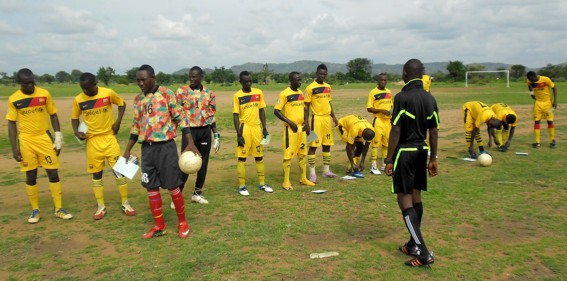
This problem has been ameliorated by the provision of a kit sponsorship package by Nallem Clothing Ltd, which provides jerseys and boots for the club. However, the club still needs support and funding in terms of balls, food, health and transport among other things. We would therefore be happy to receive donations in cash or kind from individuals and organizations willing to contribute to society by supporting initiatives such as ours meant to salvage the future of vulnerable youths in deprived African communities.
Another major challenge worth mentioning is the issue of transportation. Transportation is needed for travelling to match venues, some of which cover distances of over 80 kilometres. The club lacks an own means of transportation, hence, is always compelled to hire commercial vehicles, at exorbitant prices, to match centres. The average cost of hiring a vehicle per trip is GHC 180.00 or $90. Indeed, a chunk of the club’s annual budgeted expenses are usually made on transportation. On a number of occasions, the club failed to honour away league matches because of the inability to get a vehicle due to cost considerations.
Another major problem is the lack of support from leadership. Leaders such as the District Chief Executives, Members of Parliament and other influential persons from the area have always been reluctant to support football clubs in Bulsaland since they do not consider sports development a priority. For instance, the district assembly is mandated by law to spend at least 10% of the common funds on sports development but releasing funds in aid of sporting activities is always problematic. Football and other sporting clubs, like Wiaga United, have not always had the much needed support from the Bulsa District Assembly, which has always been written to for financial support but failed to do so in the majority of cases. The same can be said of some past and present Members of Parliament who provide little or no support for the activities of football clubs. Also, appeals for financial and material support from well-meaning citizens of Buluk, resident in other parts of the country, have fallen on deaf ears in many cases. This development hampers the clubs’ ability to raise the needed funds to be able to effectively participate in the league.
Last but not the least, the non-cooperation by some parents is also a major problem. Some parents, especially the illiterate ones, do not appreciate the benefits their sons and daughters could derive from playing football. Such parents frustrate our efforts to develop talents by refusing to allow their talented children to play football instead of helping on the farm or performing domestic jobs for the family. We have had children being refused food or chased away from home for daring to go for football practice against the wishes of their parents.
Conclusion
Given the abundance of football talents in Bulsaland, the development of the area could easily be enhanced if much attention was given to the development of the sport in the area. Indeed, football could be the panacea to the widespread poverty and involvement of the youth in social vices such as alcohol abuse, stealing etc. Therefore, sporting clubs such as Wiaga United ought to be given the needed financial and material support to be able to effectively engage the youth and develop their talents. Therefore, philanthropic individuals and organizations should come to the aid of Wiaga United FC by providing them with a vehicle or financial support to facilitate their activities in order to safeguard the lives of a lot of vulnerable youths in the area. The club would also welcome partnership from individuals and soccer clubs from other areas.